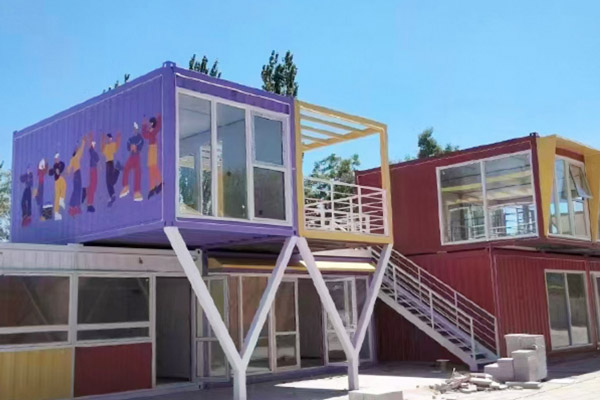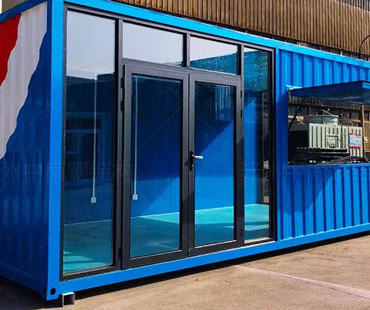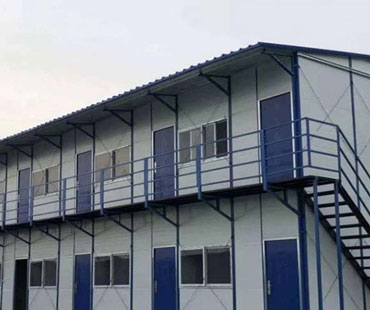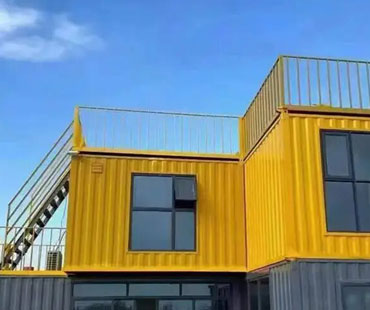In today's global economy, the efficiency of supply chains is paramount. As businesses strive to meet the demands of consumers for faster delivery times and greater transparency, container tracking technology has emerged as a pivotal solution.
Historically, tracking containers during transit was a cumbersome process. Traditional methods relied on manual documentation and phone calls, often leading to delays and inaccuracies. However, with the advent of digital technology, container tracking has undergone a significant transformation.
The integration of GPS (Global Positioning System) and RFID (Radio Frequency Identification) technology has revolutionized how containers are tracked. GPS allows for real-time location tracking, while RFID enables automated identification and data capture. Together, these technologies provide logistics companies with the ability to monitor their shipments accurately and continuously.
One of the most significant benefits of modern container tracking technology is enhanced transparency. Stakeholders, including manufacturers, logistics providers, and end consumers, can access real-time information about the location and status of their shipments. This level of transparency fosters trust among all parties involved and helps to mitigate risks associated with theft, loss, and delays.
1.Real-Time Visibility: With container tracking systems, businesses can monitor their shipments in real-time. This visibility allows for proactive management of potential delays and enables companies to make informed decisions quickly.
2.Data-Driven Insights: Advanced tracking technologies provide valuable data that can be analyzed to improve operational efficiency. Companies can identify bottlenecks in the supply chain, optimize routes, and reduce costs.
3.Improved Customer Experience: Customers today expect transparency regarding their orders. By providing real-time updates on shipment status, businesses can enhance customer satisfaction and build loyalty.
4.Regulatory Compliance: Many industries are subject to strict regulatory requirements concerning shipment tracking and reporting. Container tracking technology helps businesses comply with these regulations, reducing the risk of penalties and ensuring smoother operations.

The Internet of Things (IoT) and blockchain technology are further enhancing container tracking capabilities. IoT devices can monitor various conditions, including temperature, humidity, and security, providing crucial information that can affect the quality of the goods being transported. For example, in the shipping of perishable goods, IoT sensors can alert logistics providers if conditions deviate from the required thresholds.
Blockchain technology adds an additional layer of security and transparency. By creating a decentralized ledger of all transactions, blockchain ensures that data regarding the shipment's journey is tamper-proof and accessible to all relevant parties. This can significantly reduce disputes and enhance accountability in the supply chain.
Despite the many advantages of container tracking technology, several challenges remain. The initial investment in technology can be significant, particularly for small and medium-sized enterprises. Additionally, the integration of new technologies into existing systems can be complex and require specialized knowledge.
Moreover, data privacy and security are critical concerns. As more data is collected and shared across platforms, businesses must ensure that they protect sensitive information from cyber threats.
Looking ahead, the future of container tracking technology appears promising. As technology continues to evolve, we can expect even greater advancements in automation, artificial intelligence, and machine learning. These innovations will enable more predictive analytics, allowing businesses to anticipate disruptions and respond proactively.
Moreover, as sustainability becomes a focal point for businesses worldwide, container tracking technology will play a vital role in optimizing logistics to reduce carbon footprints. Efficient routing and better inventory management will contribute to more sustainable practices in the supply chain.
In conclusion, container tracking technology is a crucial component of modern supply chain management. By enhancing transparency, improving operational efficiency, and fostering customer trust, this technology is transforming how businesses operate in the digital age. As we continue to embrace technological advancements, the logistics industry will become more agile, responsive, and sustainable, ultimately benefiting businesses and consumers alike.


